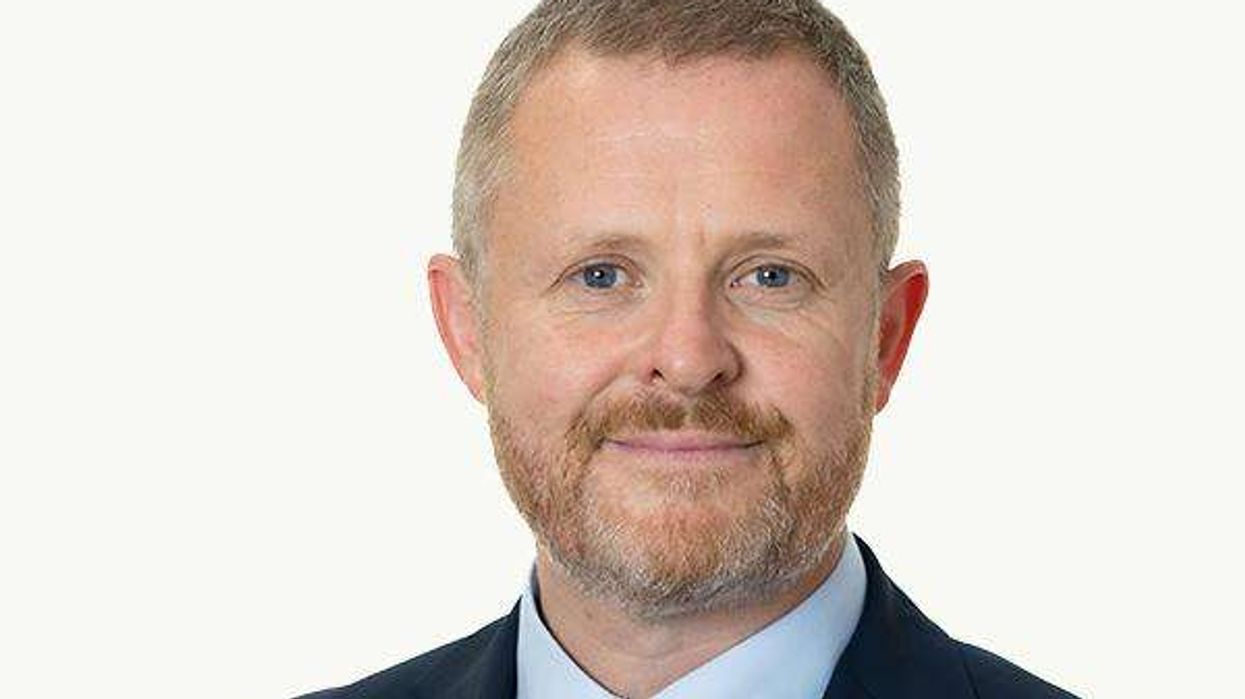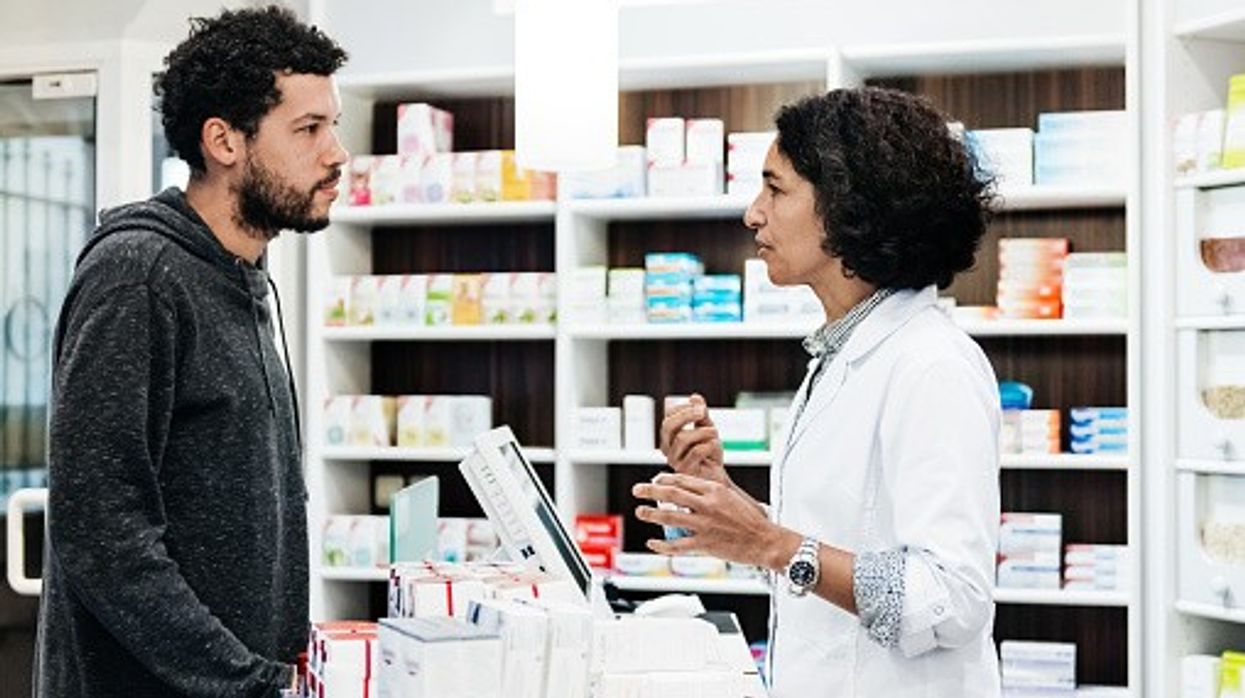The volume of prescription items for the treatment of diabetes as well as patient numbers have steady risen since 2015, according to latest official figures.
The NHS Business Services Authority said today (Nov 5) that the number of prescription items used mainly to treat diabetes has increased every year between 2015/16 and 2019/20. The number of patients in the same period has also increased but not as much as prescriptions, resulting in a greater number of items per patient in 2019/20 than in previous years.
In a report entitled 'Prescribing for Diabetes England 2015/16 to 2019/20', NHSBSA said the total cost of diabetes drugs prescribed has increased since 2015, due to large increases in costs of antidiabetic drugs and insulin.
These increases are larger than both the number of items prescribed and the number of patients which has resulted in increased cost per person in 2019/20 than in previous years, the report added.
Antidiabetic drugs have remained the most prescribed of the diabetes items. Prescribing for all categories increased between 2018/19 and 2019/20, except for diabetic diagnostic and monitoring agents, which decreased by 6 per cent.
Overall demographics of patients too have remained steady over the last five years with the median age remaining constant at 64 years.
Similarly, the gender split has remained steady with 55 per cent male as opposed to 45 per cent female patients since 2015/16.
Areas of greatest deprivation have the highest number of patients per population receiving diabetes medicines, with 8.6 per cent of people in the most deprived areas receiving diabetes medication, compared to 3.4 per cent of people in the least deprived parts of the country.
This pattern is replicated at drug levels too, with 7.5 per cent of the population in the most deprived areas receiving antidiabetic drugs, in comparison with 2.9 per cent people of in the least deprived areas, the report concluded.











